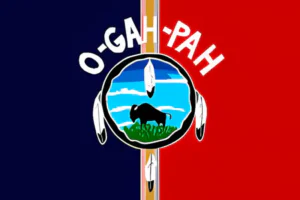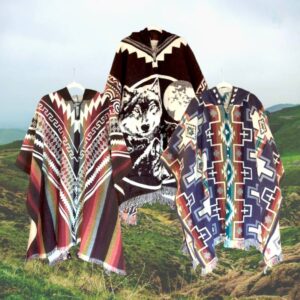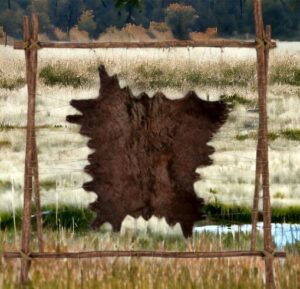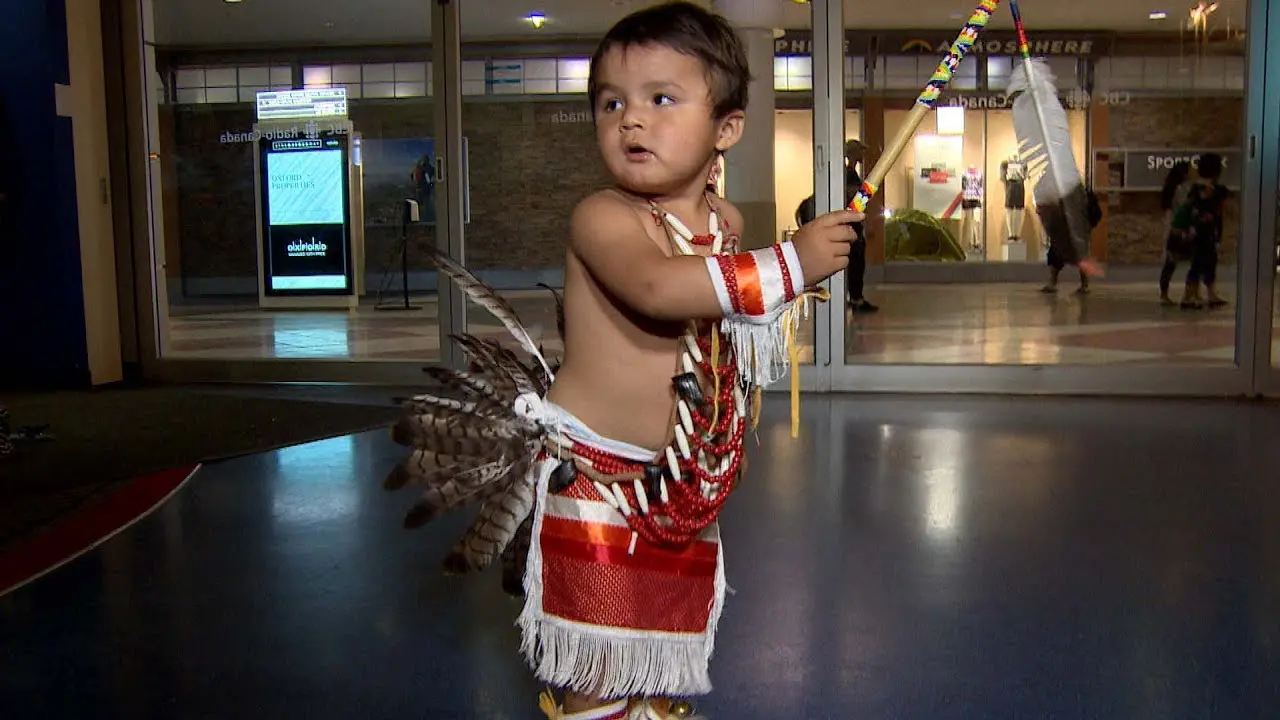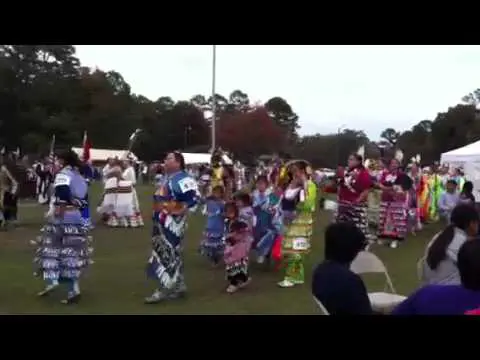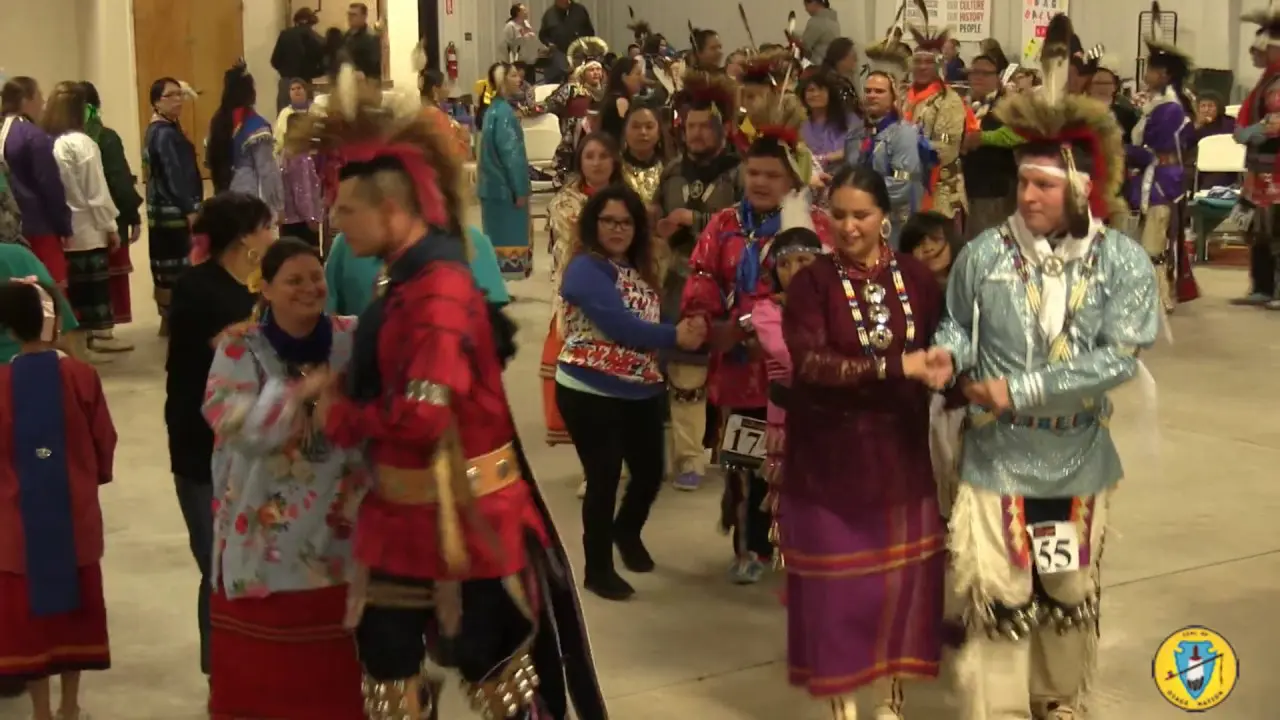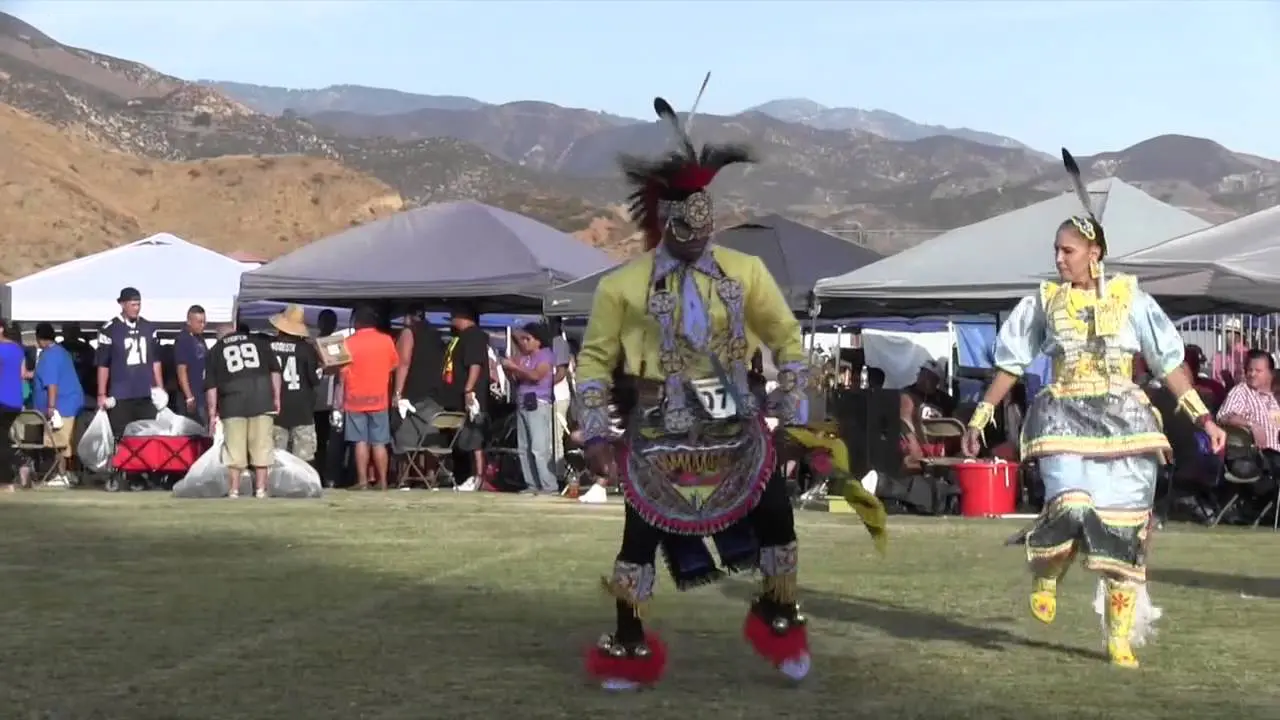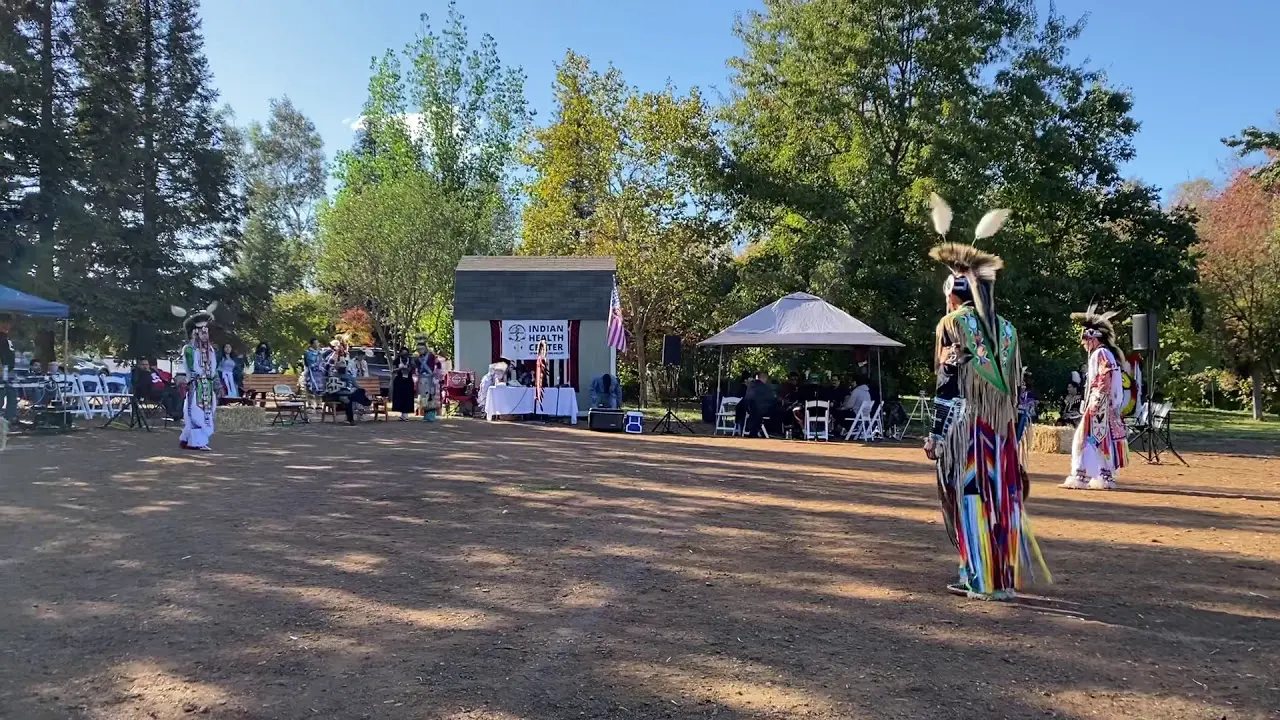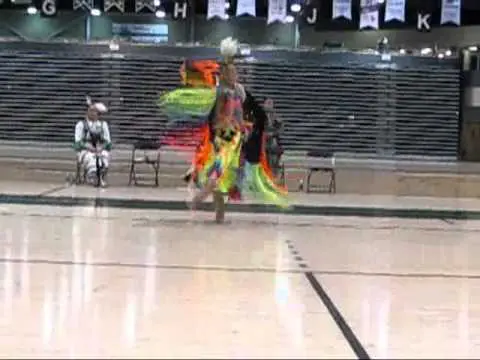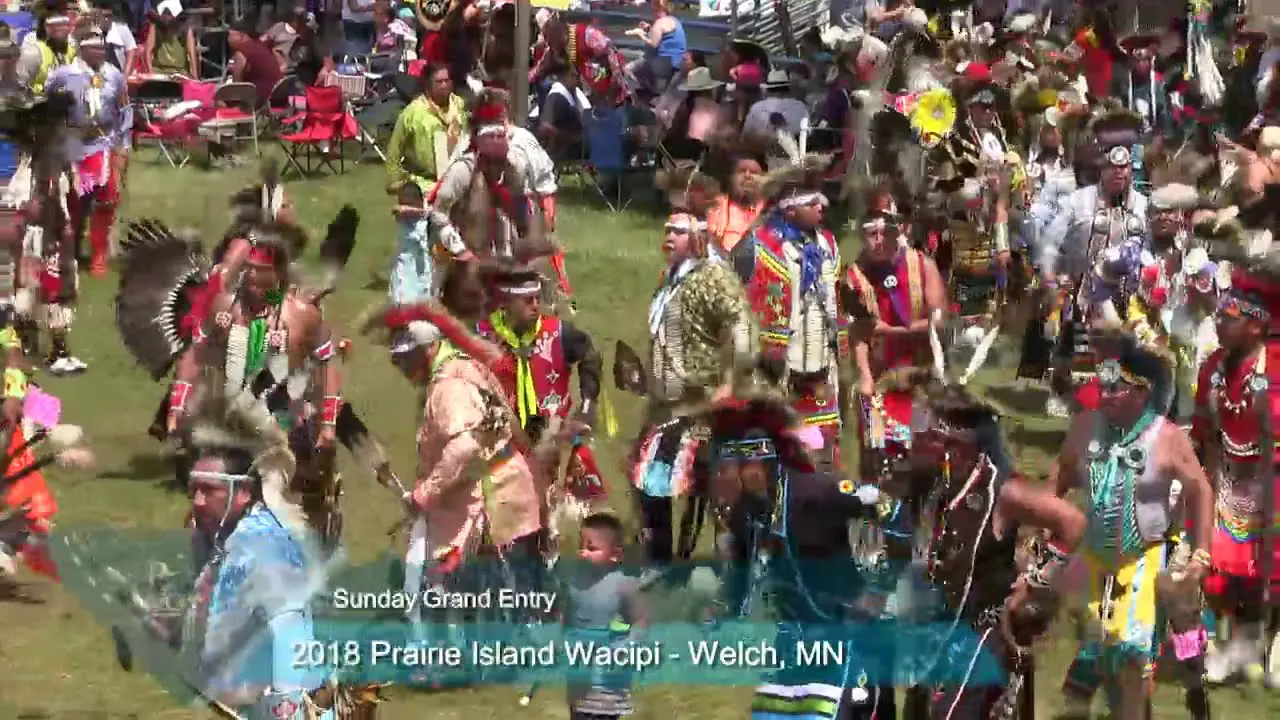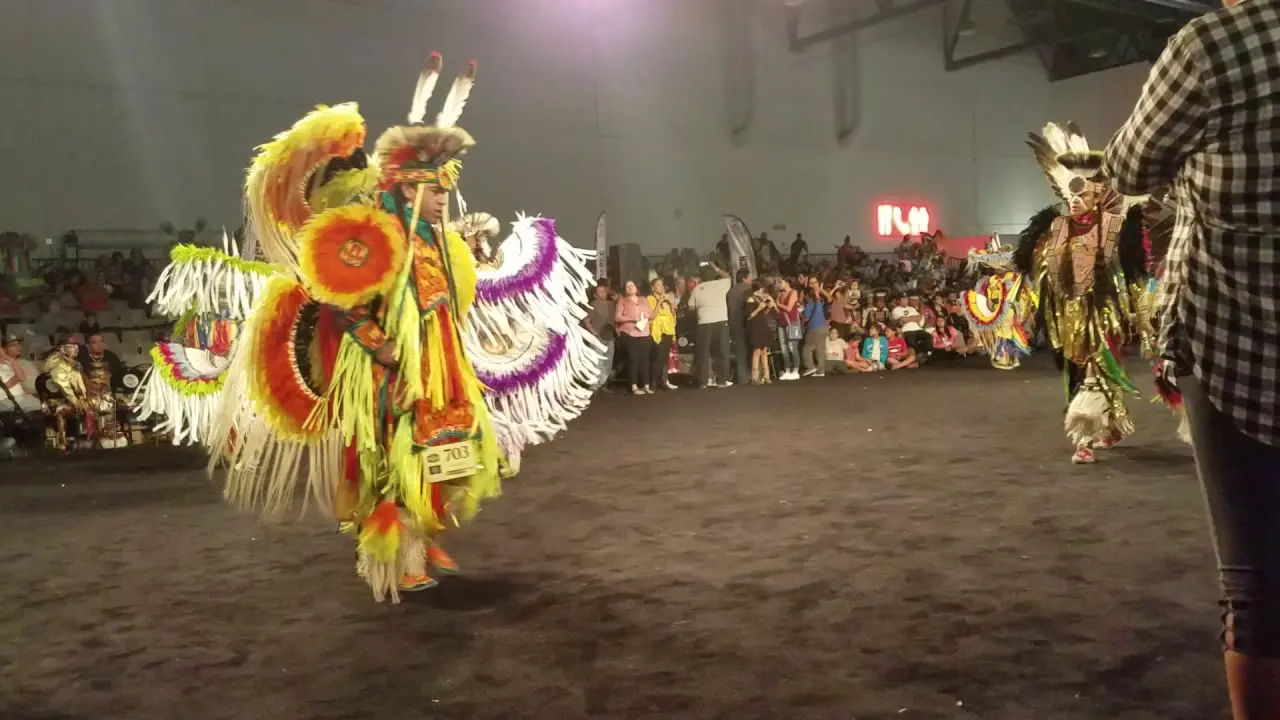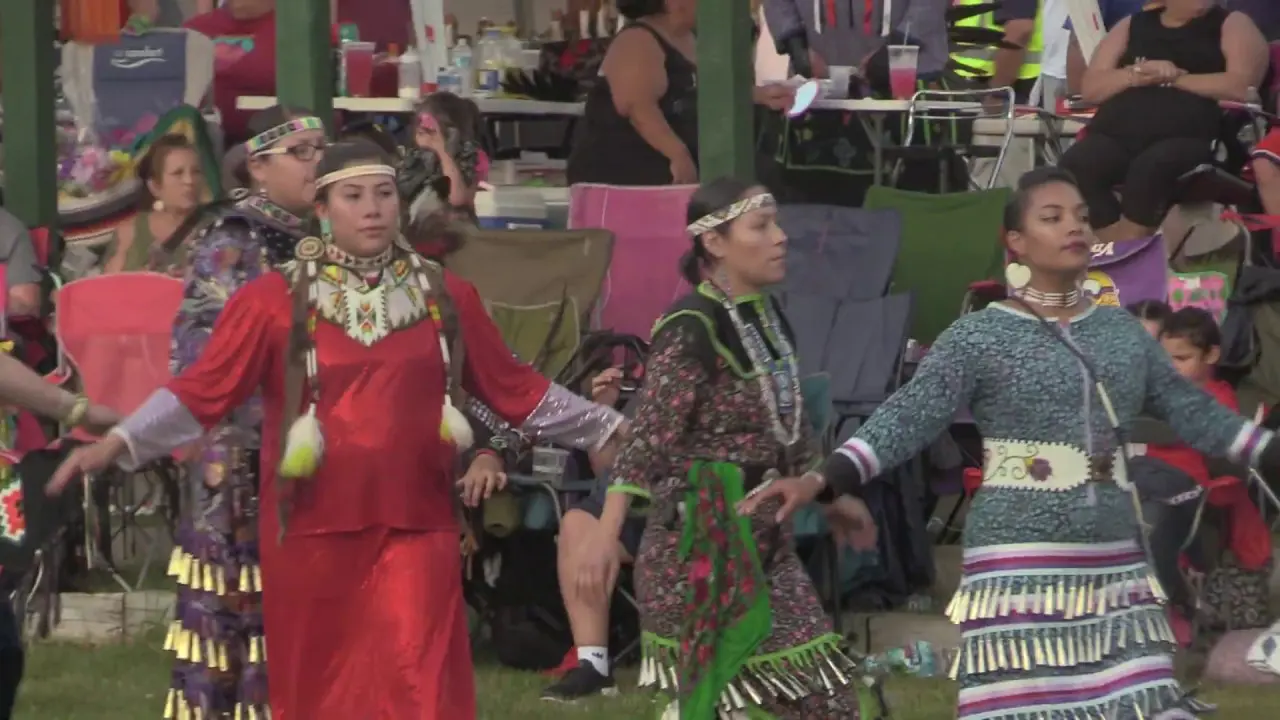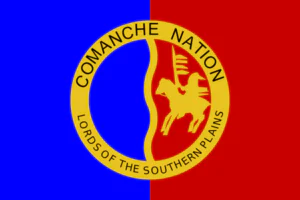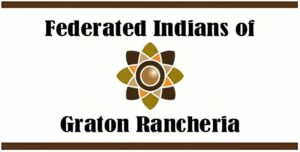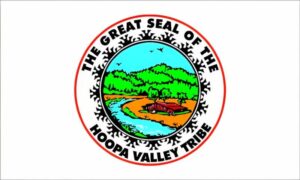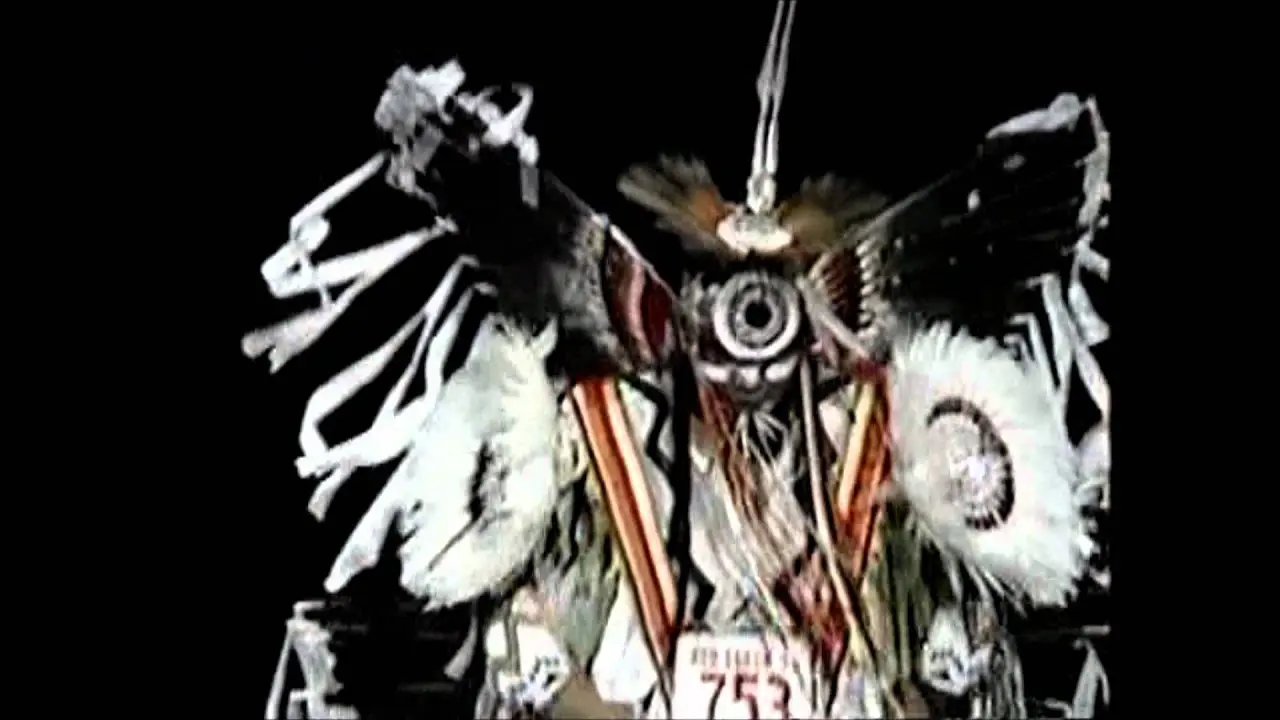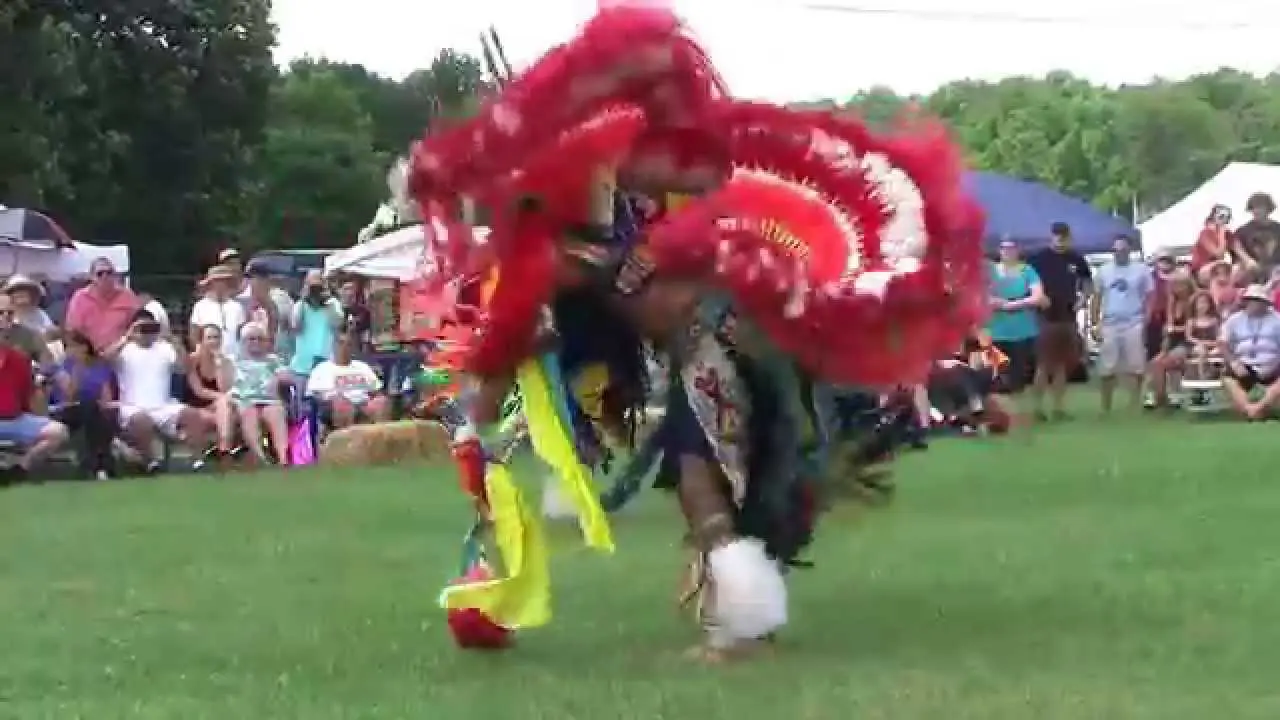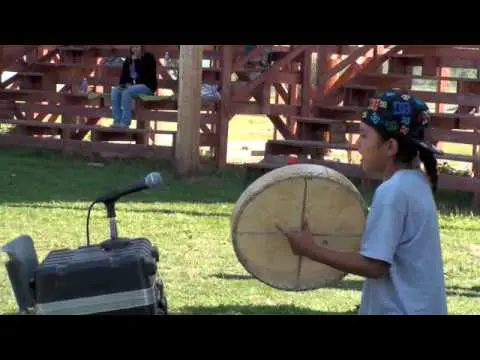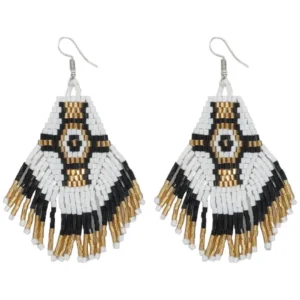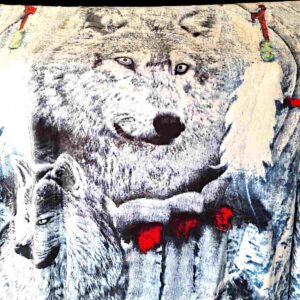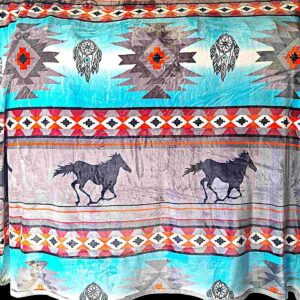Introduction to the Quapaw Nation
The Quapaw Nation, a vibrant and resilient Indigenous tribe, is recognized for its rich history, cultural heritage, and a commitment to preserving its traditions in the heart of the United States. Native to the region known today as Arkansas, the Quapaw people are one of the original tribes of the Mississippi River Valley. With a name that translates to “downstream people,” the Quapaw Nation has spent centuries navigating challenges and embracing opportunities as they maintain their identity and sovereignty.
With a population that has actively engaged in the preservation of their language, arts, and cultural practices, the Quapaw Nation is not just a community; it’s a living testament to the endurance of Indigenous peoples in the face of adversity. Today, the tribe operates within the framework of modern governance while honoring ancient customs, working to strengthen their economic foundations through enterprises and initiatives that benefit both tribal members and the surrounding community.
The Quapaw Nation is also known for its involvement in ecological preservation and education, underscoring their deep-rooted connection to the land.Their commitment to sustainability and community service has made a important impact in the region, fostering goodwill and collaboration with neighboring tribes and local governments.
As you delve deeper into the story of the Quapaw Nation, you’ll discover not just the struggles they’ve faced, but also the triumphs that define their journey—enriching the tapestry of American history with their unique narrative and cultural contributions.
Origin Of The People
The Quapaw Nation, originally known as the “Ugahxpa,” traces its roots to the early Native American inhabitants of the Mississippi River region. The name “Quapaw” itself is derived from the Ofo word that loosely means “downstream people,” reflecting their historical settlement near the confluence of the Arkansas River and the Mississippi River. This area provided them with fertile land for agriculture and abundant resources for fishing and hunting,which were central to their conventional livelihood.
Culturally, the Quapaw people spoke a dialect of the Dhegihan Siouan language and were closely related to other Siouan-speaking tribes. They were known for their sophisticated social structure and rich spiritual traditions, which integrated their connection to the land and the natural world. Additionally,the Quapaw engaged in trade with neighboring tribes and European settlers,which influenced their economy and cultural practices.
Historically, the Quapaw faced significant challenges due to European colonization. The tribe experienced displacement and upheaval as settlers moved into their traditional territories, leading to conflicts and forcing many to relocate. Despite these hardships, the Quapaw Nation has maintained its cultural identity and resilience over the years, thriving today as a federally recognized tribe with a rich heritage.
Modern efforts by the Quapaw Nation focus on preserving their traditions,revitalizing their language,and promoting community development. The tribe has established cultural centers and programs aimed at educating both their members and the public about Quapaw history and customs,ensuring that future generations continue to celebrate their unique identity. Through storytelling,art,and cultural events,the Quapaw Nation honors its ancestors while looking forward to a vibrant future.
Tribal Homelands
The Quapaw Nation,an Indigenous tribe originally from the southeastern region of what is now the United States,has a rich and storied history connected to its tribal homelands. Primarily situated along the banks of the Arkansas River and the Mississippi River, the Quapaw’s ancestral territory encompasses areas in present-day Arkansas, Missouri, and Oklahoma. The term “Quapaw,” derived from the word “akakpa,” meaning “downstream people,” reflects their deep-rooted relationship with the waterways that crisscross their land.
Historically, the Quapaw occupied extensive areas that were abundant in resources, allowing them to thrive through fishing, agriculture, and trade. Their territory included the fertile floodplains of the Mississippi, ideal for cultivating crops like corn, beans, and squash, known as the Three Sisters. The Quapaw Nation takes great pride in its cultural heritage, with land and water deeply ingrained in their traditions and spiritual beliefs.After forced relocations in the 19th century, the Quapaw people settled in what is now Oklahoma, where the tribe was officially recognized by the U.S. government. Today, the Quapaw Nation comprises a significant area in northeastern Oklahoma, notably near the city of Quapaw. The tribe has diligently worked to preserve its cultural identity and reclaim its relationship with the land.
In modern times, the Quapaw Nation has expanded its influence in various sectors, including gaming and tourism, contributing to the community’s economic development while ensuring the protection and celebration of their historic homelands.The tribe continues to foster educational initiatives that encourage younger generations to learn about their ancestral ties and the importance of land stewardship.
Whether through cultural events, historical preservation efforts, or ongoing discussions about land issues, the Quapaw Nation remains committed to honoring its heritage while facing contemporary challenges. The tribal homelands of the Quapaw Nation symbolize resilience and sustainability, showcasing their enduring connection to the earth and their vibrant cultural tapestry.
Interactions With Settlers
The Quapaw Nation, historically located in the Mississippi Valley, experienced a range of interactions with European settlers that significantly impacted their way of life. On one hand, there were positive interactions that fostered trade and cultural exchanges. Early settlers recognized the agricultural prowess of the Quapaw, particularly their skills in growing crops like corn, beans, and squash. This mutual benefit led to the establishment of trade routes where the Quapaw exchanged traditional goods for European tools, cloth, and other commodities. Such exchanges often included shared knowledge about land use and farming techniques, enriching both communities.
Though, these interactions also had negative consequences. As European settlers expanded their territories, they encroached upon Quapaw lands, leading to displacement and loss of resources. The introduction of new diseases by settlers devastated the Quapaw population, who had no immunity to such illnesses.Additionally,treaties were frequently signed under duress or with little regard for Quapaw sovereignty,resulting in significant land loss.The intense competition for resources heightened tensions, culminating in conflicts that sporadically erupted into violence.Settlers’ perceptions of the Quapaw also shifted from viewing them as potential allies to seeing them as obstacles to expansion, further complicating relations.
Despite these challenges,the resilience of the Quapaw Nation is evident in their ability to adapt and survive through the tumultuous periods of colonization. Their ongoing efforts to reclaim identity and cultural heritage reflect the profound impact of these settler interactions, both positive and negative, shaping their community into what it is today.
Most Notable Events In Their Tribal History
The Quapaw Nation, a Native American tribe originally inhabiting the lands along the Mississippi River in present-day Arkansas, has a rich and varied history marked by several notable events that have shaped their identity and culture. One significant event occurred in the early 18th century during the clash between indigenous tribes and European settlers. The Quapaw initially fostered trade relations with French explorers such as Henri de Tonti,helping to establish the Louisiana territory’s early economic landscape.
As the 19th century rolled in,the Quapaw faced increasing pressure from the U.S. government to relinquish their ancestral lands. The Treaty of Fort Smith in 1824 resulted in the forced cession of much of their territory, pushing the tribe further west and instigating a period of displacement and hardship. This loss of land was compounded by the Indian Removal Act of 1830, which intensified the forced relocation of the Quapaw people, leading to their migration to what is now eastern Oklahoma.
A remarkable moment in the Quapaw’s history is the formation of the Quapaw Agency established in 1867. This federal agency was created to manage the tribe’s affairs and resources, playing a pivotal role in helping them navigate the complexities of life on reservations. The tribe’s resilience became evident during this period as they rebuilt their community and culture despite the looming threats of assimilation policies.
In 1971, the Quapaw Nation was recognized by the United States government, a decisive moment that restored their official status, allowing them to pursue economic development and cultural revitalization. This recognition not only restored the tribe’s sovereignty but also marked the beginning of self-governance efforts.
In recent years, the Quapaw Nation has made significant strides in economic development, primarily through gaming ventures such as the Quapaw Casino in Oklahoma. This has allowed the tribe to invest in infrastructure, education, and health services, improving the quality of life for their members. The Quapaw Nation has also taken proactive steps in environmental conservation, celebrating and preserving their cultural heritage while engaging in community development initiatives.
Additionally, events like the annual Quapaw Nation Powwow showcase the tribe’s vibrant culture, drawing members from across the country to celebrate traditional dances, music, and storytelling. These gatherings not only reinforce tribal unity but also educate the public about Quapaw history and resilience. The Quapaw Nation continues to honor its past while paving the way for future generations, solidifying its place as one of the prominent tribes in the heart of America.
Where Are Their Tribal Lands Now And How Were They Established
The Quapaw Nation,originally indigenous to the lands surrounding the Mississippi River,primarily in present-day Arkansas,now has its tribal lands primarily located in Oklahoma. Following a series of forced relocations, particularly during the 19th century, the Quapaw were compelled to adapt to new territories west of the Mississippi. The Dawes Act of 1887,aimed at assimilating Native Americans into American society,led to the allotment of tribal lands,breaking communal land into individual parcels. This process dismantled many of their traditional landholding practices, and the Quapaw lost significant portions of their ancestral lands.
Today, the Quapaw Nation’s tribal headquarters is situated in Quapaw, Oklahoma, where they oversee approximately 8,000 acres of land, which includes designated tribal areas and enterprises. The establishment of these modern lands was formalized through treaties, legislation, and legal agreements, culminating in the establishment of the Quapaw Reservation. The tribe is committed to revitalizing its cultural heritage while engaging in a variety of economic development initiatives,including gaming,which provide essential funding for community services and preservation efforts.
The journey of the Quapaw Nation demonstrates resilience and adaptability, as they continue to advocate for their rights, preserve their traditions, and promote sustainable development on their current lands. By prioritizing community engagement and cultural restoration, the Quapaw Nation is not only safeguarding their heritage but also ensuring a vibrant future for successive generations.
Modern Concerns Of The Tribe
The Quapaw Nation, like many Indigenous tribes, faces a multitude of modern concerns that intertwine cultural preservation, economic development, and legal sovereignty. One of the foremost issues is the preservation of their cultural heritage in an increasingly modernized world. As traditional language, arts, and customs risk fading, the Quapaw Nation actively implements educational programs aimed at revitalizing their language and traditional practices. Collaborations with local schools and universities help ensure younger generations remain connected to their rich heritage.
Economic development is another critical aspect impacting the Quapaw Nation. With limited resources, the tribe has sought to diversify its economic portfolio beyond traditional revenue sources such as gaming. Initiatives around eco-tourism and the promotion of local crafts and food are gaining traction, allowing the Tribe to showcase its cultural richness while generating income and employment opportunities for its members. The Q Casino, as a notable example, has become a central hub for economic activity and community engagement, yet the Nation remains committed to balancing development with environmental stewardship.
Legal sovereignty poses ongoing challenges. Like many tribal nations, the Quapaw navigate complex relationships with state and federal governments. Issues surrounding land rights, treaty rights, and jurisdiction over natural resources take center stage in their legal conversations. The tribe’s leadership remains vigilant in defending their sovereignty to protect their ancestral lands and resources, exemplifying a resilient commitment to their rights.
Another pressing concern is healthcare access. The Quapaw Nation is working to expand health services for its members, addressing disparities in access to quality healthcare—particularly in mental health and substance abuse recovery. By enhancing health education and outreach initiatives, the tribe is promoting wellness among its community members, aiming to create a healthier future for upcoming generations.
Lastly, environmental issues, including climate change, are increasingly relevant to the Quapaw Nation. Rising temperatures and changing weather patterns threaten their traditional practices, agriculture, and wildlife. The tribe engages in sustainability programs to combat these challenges while seeking partnerships with organizations focused on environmental conservation. The Quapaw Nation demonstrates an ongoing commitment to adaptability and growth, addressing these multifaceted modern concerns with a holistic approach rooted in their cultural values and collective vision for the future.
Events And Other Social And Political Activities
The Quapaw Nation, a Native American tribe located primarily in Oklahoma, actively engages in a variety of events and social activities that reflect its rich cultural heritage and commitment to community well-being. One of the hallmark events is the annual Quapaw Nation Powwow, which celebrates traditional dances, music, and crafts. This vibrant gathering attracts not only tribe members but also visitors who come to experience the vibrancy of Quapaw culture. The Powwow features a range of categories for dance competitions, showcasing the talent and dedication of participants across different age groups.In addition to the Powwow, the Quapaw Nation hosts cultural workshops and language classes aimed at preserving the Quapaw language, which is integral to their identity. These collaborative efforts often invite both community members and non-Native participants to learn about the nuances of the Quapaw language and traditional practices. This fosters a greater understanding of their history and strengthens ties within the community.
Politically, the Quapaw Nation engages in various activities to advocate for their rights and sovereignty. The tribe actively participates in national Native American organizations that focus on issues such as land rights, healthcare, and education. By collaborating with other tribes and organizations, the Quapaw Nation works toward greater visibility and support for tribal issues on the national stage.
The tribe also emphasizes economic development through initiatives like the Quapaw Casino and other business ventures, which in turn provide jobs and support local infrastructure. These economic activities are often highlighted during community meetings and events, where tribe members discuss strategic growth while honoring their cultural values.Furthermore, the Quapaw Nation’s health and wellness programs showcase their commitment to improving community health. Events like the health fairs and fitness challenges encourage a healthy lifestyle among tribe members, combining cultural practices with modern wellness strategies.
the Quapaw Nation’s events and social activism play a crucial role in maintaining their identity, fostering community spirit, and advancing their rights on a wider political spectrum.

